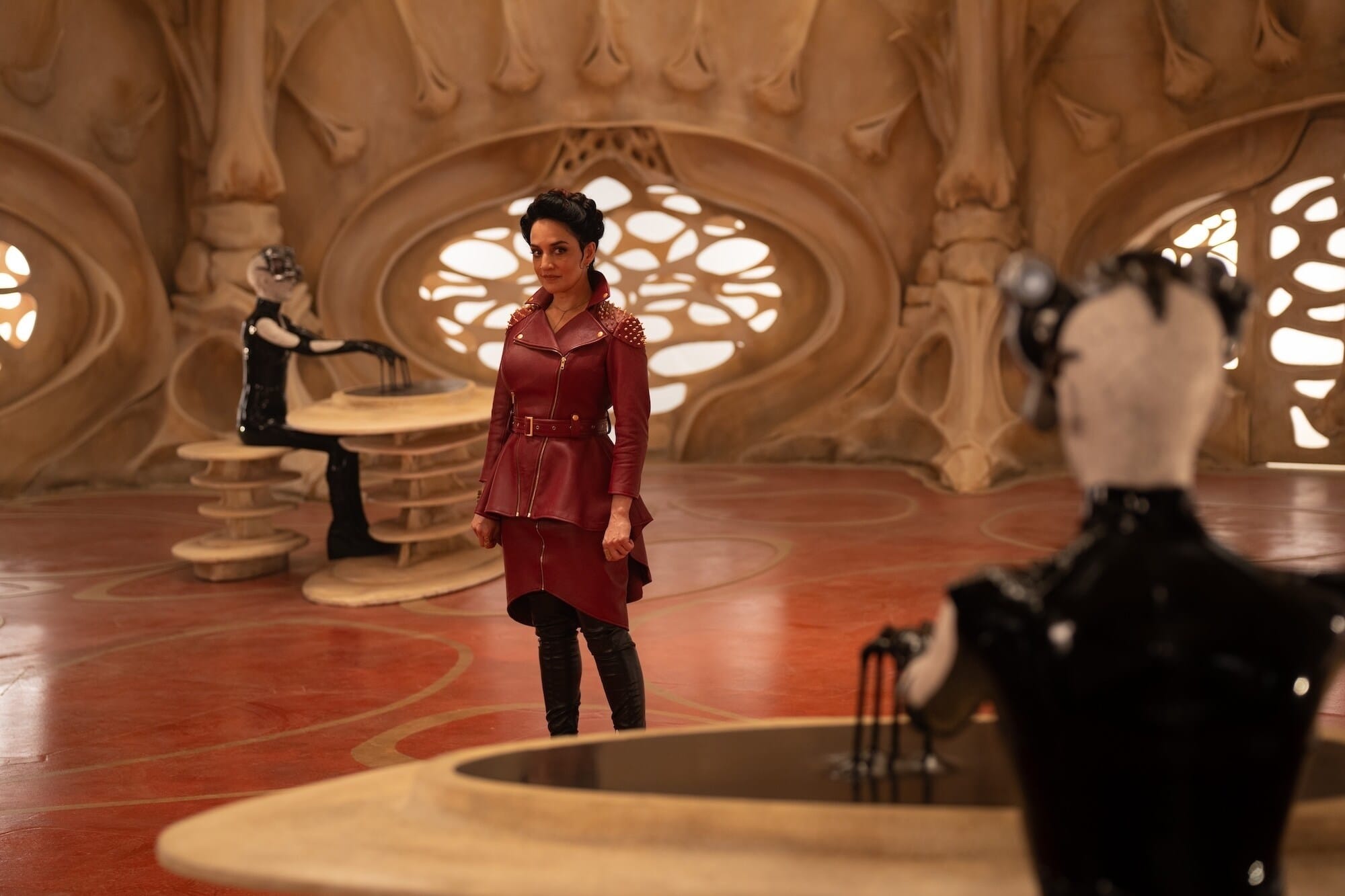A showrunner’s job is not to appease the fans
Why are online fan communities around Doctor Who so relentlessly toxic?

To be a fan is often to be an edge case that thinks they’re at the centre of the universe. Doctor Who, for example, is very much a mainstream TV show. Even in these odd, streaming times for TV, it’s usually in the top 10 most watched shows in the UK on terrestrial TV, across all the networks. It’s not a cult show, it’s a mainstream show with a cult following.
And occasionally that cult fundamentally misunderstands the role of a show runner on a show like this. And that job is typically at odds with the desires of the hardcore fan base. This is particularly acute among Doctor Who fandom because there’s a sense of betrayal. All three show runners of the modern era: Russell T. Davies, Stephen Moffat and Chris Chibnall are fans themselves. So why do they keep doing things the fans don’t want?
Simple. Fans want to pin down the narrative. Showrunners aim to open it up.
Opening up narrative possibility
The job of a showrunner, especially on an essentially endless show like Doctor Who, is to open up possibilities for storytelling, not to close them down. The original run of the show wasn’t planned in any meaningful way; thus, decisions made for the sake of a single story ended up defining “lore”, but were often forgotten by later production teams.
However, the slow erosion of the mystery of the Doctor’s past was clearly considered a narrative error by the late 1980s, which was the first time the show started to take on a more narratively cohesive direction in the Cartmel Masterplan.
The 2005 revival essentially jettisoned the past by wiping out Gallifrey, but created mystery by only alluding to what the Doctor had been doing since the end of the old series and the star of the new. As that mystery started to be addresses, especially round the 50th anniversary special, there was a narrative need for a new mystery. And the Chibnall-era show provided that with the Timeless Child arc.
Despite some clumsiness in the way it was delivered, the idea is actually quite a good one. The Doctor’s life as they know it remains the same, but there was a life before that has been removed from their memory. This twist ties in to both the dropped hints in the Cartmell era and one, long-ignored scene in the 4th Doctor story The Brain of Morbius. But, critically, it opened up storytelling possibilities. Forgotten enemies, forgotten incarnations, and a new mystery at the heart of The Doctor’s past all come into narrative play.
The new Russell T. Davies era has built on that, while continuing to open up narrative possibilities. The return to more mythic, God-like entities and magically driven storytelling opens up new story possibilities – absolutely essential in a 62-year-old show. Even bigeneration opens up new possibilities, as it is playing out right now with two Ranis on screen simultaneously.

The production teams have been pushing in a consistent direction: the Whoniverse is bigger and stranger and less predictable than we knew.
And a certain stratum of fans hates it. One subset of fannish activity is lore-keeping, an attempt to mash these disconnected stories written by a vast range of writers and shepherded onto the screen by diverse production teams, into a cohesive whole. It was always a doomed effort; 1970s Who was not made with an eye to lore consistency with 60s Who — not least because there was no easy way for most people to ever watch the old seasons again.
”I made a jigsaw of your past. Do you like it?”
The RTD2 era has gleefully embraced that, with a single line paving the way. The Toymaker, one of the God-like forces dredged out of the show’s past and brought back, tells the Doctor that he has made a “jigsaw” of the Time Lord’s past. For RTD, that grants permission for us to enjoy any Doctor Who media, in any form, no matter how contradictory with other stories, as part of the shattered past of the main character.
Little pieces of fun, like including the online-only alternative ninth Doctor, as played by Richard E Grant, in Rogue, nod to that.
There is an invisible tension here, and it only goes one way. The general watching public don’t care. As long as Doctor Who stays within their expectations – Time Lord and companion(s) travel through time having weird and often scary adventures, but winning – it’s all good. The show runners want to keep pushing the boundaries, finding new ways of a TV show that’s well over half a century old vital. But a certain subset of fans would like to pin down the lore, to calcify it.
Creative communities versus critical communities
It’s that tension which has made so many online communities around the show so toxic. I learnt over a decade ago that I would enjoy the show so much more, if I kept away from the joy suck of much online discussion around it. Doctor Who is much better watched as a family event with my daughters, than as fodder for online debate. It makes me miss my early interactions with Doctor Who fandom, in the pre-internet days. Then, I had to send off for fanzines, and the ones I put my precious pocket money towards were always the fiction-based ones.
I have a suspicion that the positive fan -based communities ar those based on creativity, while those that tend to go toxic are based on critique — but that’s fodder for another post.




